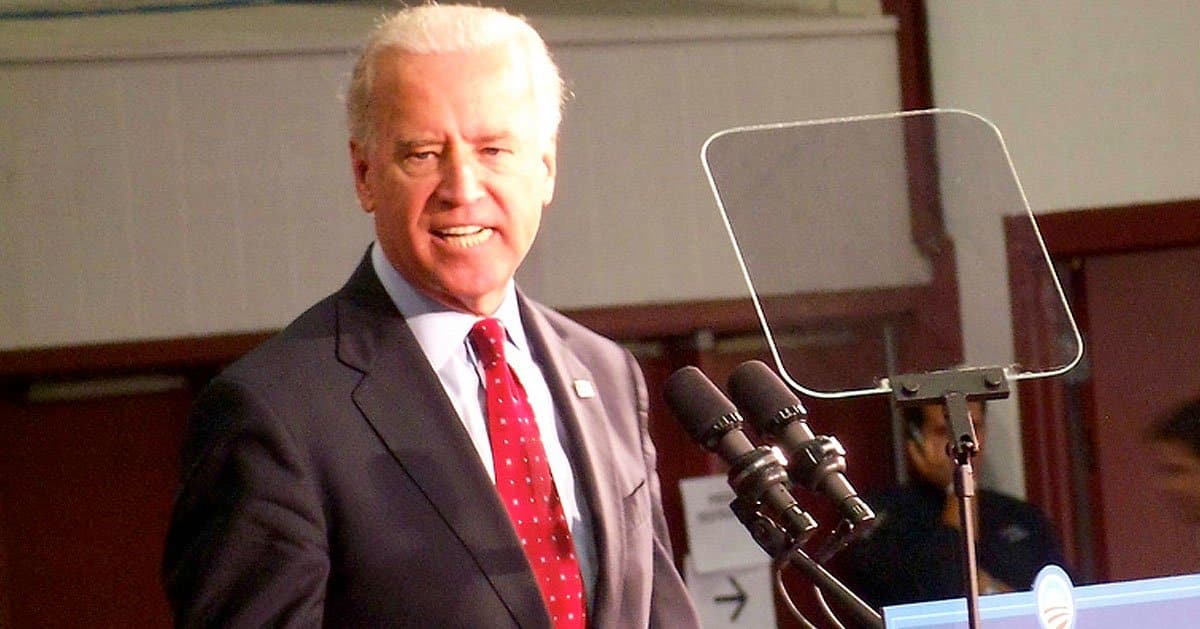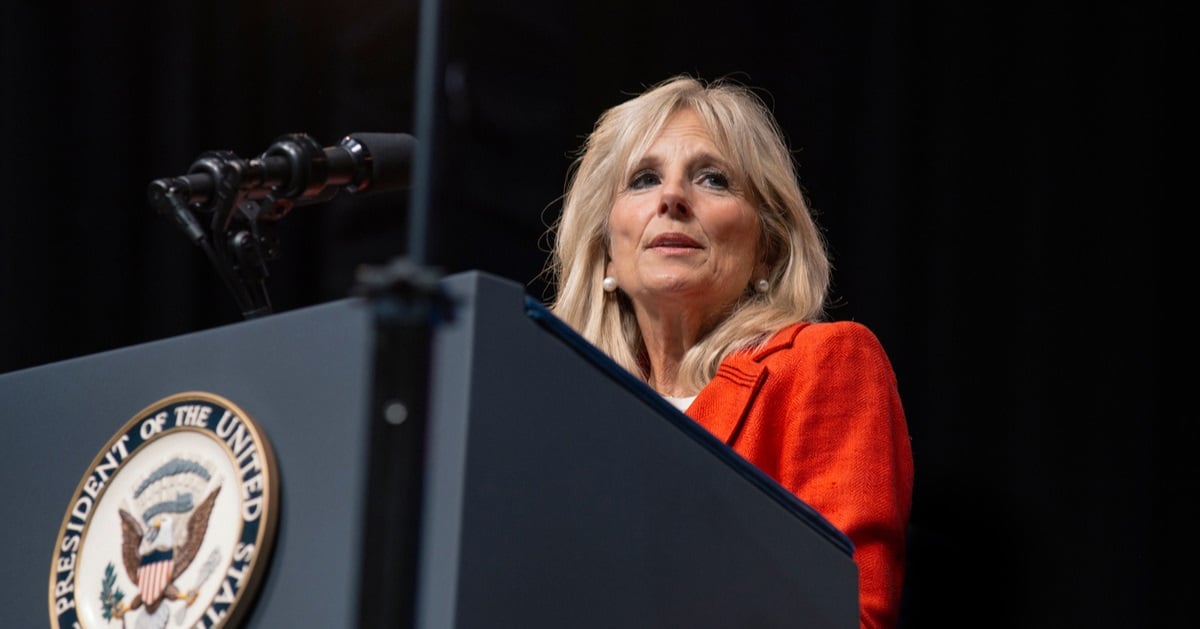




In a surprising move that has stirred significant debate, President Joe Biden granted a pardon to his son, Hunter Biden, on December 1st. The decision has elicited strong reactions and concerns from within his party about the precedent it might establish.
President Biden's recent pardoning of his son Hunter has led to a wave of disapproval, highlighting a rift among top Democrats about the ethical and political implications of the decision according to Fox News.
The president's decision to pardon Hunter marks a shift from previous statements where he had insisted that he would not extend such clemency to his son. This reversal has triggered a wave of criticism and raised questions about how future presidents might interpret their powers.
Prominent Democratic voices, including Sen. Amy Klobuchar of Minnesota and Gov. Jared Polis of Colorado, voiced their dismay following the announcement.
Speaking on MSNBC, Sen. Klobuchar did not hold back her dissatisfaction, cautioning about potential repercussions.
"I am not a fan of these," Klobuchar declared, referencing the pardon of Hunter Biden. She conveyed her apprehension not just about this singular pardon but also mentioned the notion of preemptive pardons, which could further complicate legal processes under the next administration led by President-elect Donald Trump.
The senator underscored the gravity of her concerns, particularly about the Justice Department's role moving forward. "I am, of everyone, very concerned about what Trump is going to do with this Justice Department," she added emphasizes the potential misuse of pardon power in future administrations.
There are circulating reports that before transitioning power to President-elect Trump, Biden may also pardon other notable figures like Dr. Anthony Fauci, Sen.-elect Adam Schiff, and former Rep. Liz Cheney. Such pardons have sparked concern, raising fears of setting a precedent for using clemency as a political tool.
Notably, Adam Schiff publicly stated his discomfort with receiving a pardon, highlighting the complex implications of this power.
This further magnifies internal party tensions and the growing debate over the appropriate use of presidential pardons.
Beyond immediate reactions, there is a broader call for reconsidering the structure of the pardon process itself. Klobuchar suggested that reforms could be essential to prevent future misuse.
"It is a right of these presidents," she noted, acknowledging the power officially accorded to the office, but she proposed that structured systems, such as a committee or a board, might ensure more equitable use of this authority.
Gov. Polis echoed this sentiment by suggesting that presidents should remain unbiased in their decisions. While expressing empathy for Biden's personal situation, Polis emphasized that such actions could invite future presidents to choose familial or personal interest over national considerations.
When asked about his stance, Gov. Polis commented extensively on the dilemma faced by President Biden, acknowledging the patriarchal instinct to shield one's family.
"While as a father I certainly understand [Biden’s] natural desire to help his son by pardoning him, I am disappointed that he put his family ahead of the country."
Polis articulates a widespread worry shared by many Democrats: that Biden's decision to pardon Hunter represents a perilous departure from impartial governance.
"This is a bad precedent that could be abused by later Presidents," Polis warned, shedding light on the potential long-term consequences of such presidential decisions.
Gov. Polis, addressing these challenges, pointed out the personal accountability involved. "Hunter brought the legal trouble he faced on himself," reflecting a view that emphasizes accountability alongside compassion.
Nonetheless, Polis argued that empathy and accountability should coexist. "One can sympathize with his struggles while also acknowledging that no one is above the law," Polis stated, reinforcing the principle that legal obligations supersede familial ties, even at the highest levels of governance.



